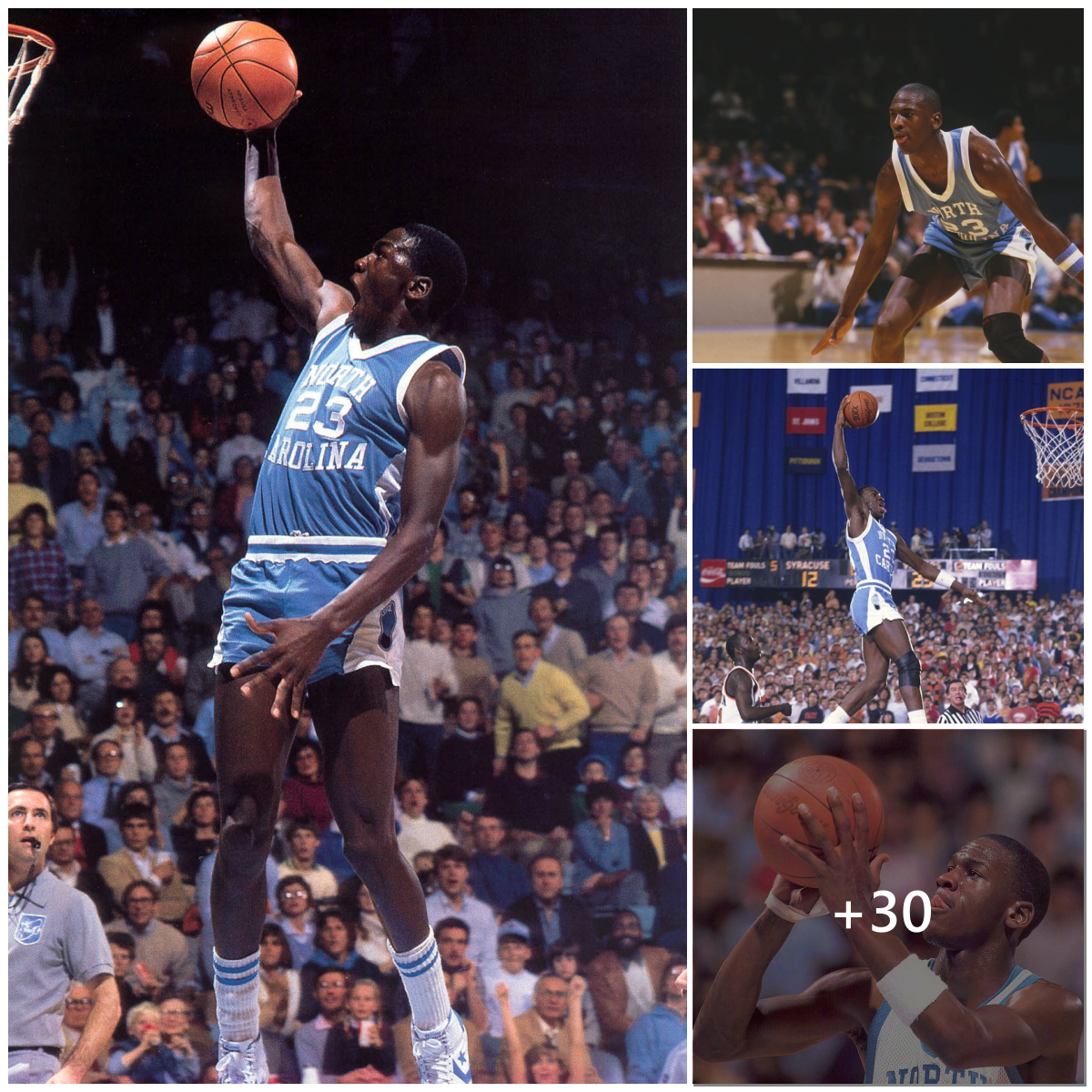Expert Alex Keble assessed that coach Pep Guardiola created an unprecedented revolution and helped Man City differentiate from other great champions in Premier League history.
Defeating West Ham 3-1 in the closing round on May 19 to win the Premier League, Man City became the first club to win the top division four times in a row in 135 years of English football history.
Sunderland and Aston Villa in the 1890s; Huddersfield Town in the 1920s; Arsenal in the 1930s, Man Utd in the 1960s; Liverpool in the 1970s and 1980s; Man Utd in the 1990s and 2000s – all could not achieve achievements like Man City. But does that make Man City the greatest club in English football history?
Man City 2017-2024: Domination thanks to continuous evolution
Guardiola won six of the last seven Premier League titles, with small changes and reforms each season. During that period, Liverpool had at least one major overhaul, Arsenal encountered difficulties in the post-Arsene Wenger period and gradually transformed under Mikel Arteta. Man Utd is still unstable, and Chelsea has gone through so many cycles that Antonio Conte’s title-winning season seems like it took place decades ago, but it was Guardiola’s first year working in England.
Man City has also changed a lot in the past seven years, but only in small steps. The transition – from the years with Leroy Sane and Raheem Sterling, through the period with Ilkay Gundogan leading the way in midfield to the current four-at-the-back system – has been seamless and almost imperceptible.

Not counting the third finish in the first season under Guardiola, Man City averaged 91.1 points, 96.4 goals, 30.0 goals conceded, 4.6 losses and a 75.9% win rate. each of the last seven seasons in the Premier League. Guardiola and his team won 17 titles, culminating in the treble last season, and still have the FA Cup final with Man Utd today, May 25.
Man Utd period 1998-2001: Dominating thanks to tactical innovation
Before Man City, the only other English club to win the treble – Champions League, FA Cup, Premier League – was Man Utd of legendary coach Sir Alex Ferguson in 1999. According to statistical measures, they are only slightly better than Man City. In terms of losses, an average of 4.0 matches per season compared to 4.6 for the team under Guardiola.
But any comparison between City and other great clubs also requires subjective assessment. Man Utd is the first team from the top five national leagues in Europe to win the treble – an achievement considered unbelievable in the 1990s.
After Man Utd, many other teams have done this, including Man City, Real Madrid, Bayern (twice), Barca (twice). This shows that in the “Super Club” era, when several European teams dominate the domestic league, winning the treble has become easier.
Furthermore, Ferguson’s Man Utd is also a tactical pioneer in English football, like Man City under Guardiola. As Michael Cox explains in the book “The Mixer: The Story of Premier League”, tactical ideas in continental Europe were much ahead of England in the 1990s. Man Utd’s advance in the Champions League League helped Ferguson learn many things.

Man Utd became more patient in controlling the ball, while the rest of the Premier League was still in the midst of fighting for the midfield. In addition, David Beckham cutting into the middle from the right wing or Ryan Giggs rushing up from the left wing were major breakthroughs in the late 1990s.
On the other hand, Man Utd then had only one competitor in the Premier League with Arsenal finishing second in all three seasons. Meanwhile, Man City had to compete with Liverpool and Arsenal, and many times only decided to win the title in the final round.
Man City is certainly technically superior and has achieved more success than Man Utd in the period 1998-2001. However, the way Ferguson created a new foundation – both tactically and winning the treble – for Man Utd is part of history.
Arsenal 2001-2004: Wenger’s unbeaten feat
Arsene Wenger’s Arsenal peak was from 2001 to 2004, starting with a Premier League and FA Cup double (including being undefeated away from home) and ending with the Premier League championship with an unbeaten record “unprecedented”.
Once again, statistically, this Arsenal team is only better than Man City in the number of losses, an average of 3.0 matches per season compared to 4.6 for the team under Guardiola.
But going 38 games into the season without a loss, and a total of 49 games unbeaten as of October 2004, is an incredible feat. To date, no other English team, even Guardiola’s Man City at its peak, has been able to recreate that feat.

Arsenal achieved this achievement with eye-catching football. Wenger’s stars, such as Dennis Bergkamp, Thierry Henry, Robert Pires or Patrick Vieira, showcased their attractive style and brought a sophisticated aesthetic to English football.
Combining the psychological strength necessary to go undefeated with such technical quality is the reason why Arsenal is considered the greatest club in the history of the Premier League. However, this team also received a minus point because not being able to win the championship in the 2002-2003 season was a big minus point.
Competitive quality is another matter. During the two seasons Arsenal won, Man Utd declined, and Liverpool and Chelsea never emerged as worthy competitive forces. So comparing Arsenal to Guardiola’s Man City is just a question of aesthetics. Man City wins more and more consistently, so it can be rated higher.
Chelsea 2004-2006: Defensive launching pad
Chelsea created two of the most dominant seasons in Premier League history when they consecutively won the 2004-2005 and 2005-2006 seasons. The team under Jose Mourinho all exceeded the 90 point mark (95 and 91 points respectively), and became the first club to do this in two consecutive seasons. In particular, Chelsea only conceded 15 goals in the 2004-2005 season, a statistic that is still the Premier League record.
Another notable statistic is that Chelsea in the 2004-2006 period averaged more points and a higher winning percentage than Guardiola’s Man City in the 2017-2024 period, with 93 points and 76.3% respectively – compared to 91.1 points. and 75.9%.
Chelsea inviting Mourinho to England is a big boost. The Portuguese coach claimed to be the iconic “Special One” in his introductory press conference, and immediately helped Chelsea dominate the Premier League for two consecutive seasons.
Mourinho also changed English football by raising the level of defensive philosophy. The 2004-2005 season was the peak, when the defense with John Terry, Ricardo Carvalho and Petr Cech helped Chelsea concede only 15 goals, lose one match and win 95 points.

The success of that season caused English football to be dominated for the next half decade, by cautious, defensive football in the Mourinuo style. This is probably the only mark when comparing Mourinho’s Chelsea with Guardiola’s Man City – the team is much more entertaining. Furthermore, in addition to two Premier League titles, Mourinho’s team only won one League Cup – an achievement far behind Man City in recent years.
However, Mourinho more or less introduced England to the 4-3-3 formation and created the defensive midfielder model with Claude Makelele. Furthermore, he portrays a tactical coach who is obsessed with details and gives specific instructions to counter his opponents’ strengths and punish his opponents’ mistakes. In many ways, Mourinho is the antithesis of Guardiola, and it’s difficult to make a direct comparison.
Guardiola’s revolution remains at the forefront
Statistics show that Man City is half as good as any other great team in Premier League history. The plus point is that the team under Guardiola has maintained dominance for seven seasons, and shows no signs of stopping, while the clubs mentioned above only have a maximum of three seasons.
That alone is probably enough for Man City to be considered the greatest club in Premier League history. But there is another factor: Guardiola revolutionized English football like no one else before him could. The Spanish coach’s influence is so great that it has become so common that it is no longer noticed.

“Positonal Play” – school of football comes from the idea that a player must first occupy a certain space on the field to then control the timing of the player’s actions, with the goal of Finally, control of the ball – now pursued by every Premier League club, including those in the bottom half of the scoreboard – is pursued.
According to Alex Keble, these are proof that Guardiola’s Man City represents a new peak in the Premier League era.
Hong Duy (according to Premier League )





